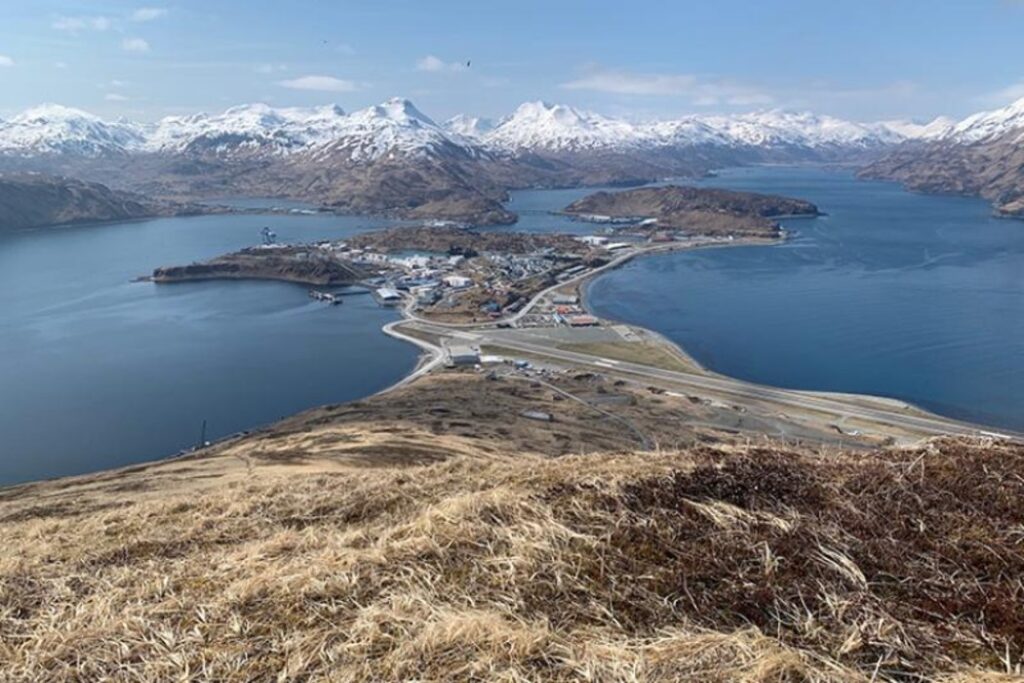Developing Alternative Fisheries Management Scenarios to Respond to Climate Change
Posted
Last Updated
Seafood is a vitally important source of protein. Worldwide, more than 3 billion people rely on seafood as a significant part of their diets.
The amount that we can sustainably fish and farm is based on historical catches and trends that have been monitored for decades. We need to understand their breeding cycles and growth rates, along with cyclical patterns of ocean currents and climate—and the ecosystems they live in. This allows us to build models that inform sustainable management strategies for harvesting seafood. However, climate change continues to disrupt long-standing expectations, strategies, and the communities that depend on them.
Scientists at the NOAA Fisheries Alaska Fisheries Science Center are collaborating with communities, managers, and other government and academic scientists in the Bering Sea region. They authored a new paper that develops climate-informed management scenarios for fisheries in the eastern Bering Sea.
“Several years ago, we recognized that climate change was going to affect our fisheries in Alaska. So, in 2015, we started a new initiative, the Alaska Climate Integrated Modeling Project, or ACLIM, with the goal of creating climate informed models to help us adapt to a warming planet,” remarks Anne Hollowed, lead author and retired center scientist.
ACLIM is a collaboration among more than 50 interdisciplinary experts that projects and evaluates climate impacts and effective responses for social and ecological systems in and around the Bering Sea. It is also part of NOAA’s Climate, Ecosystems, and Fisheries Initiative (CEFI) to build decision support systems for climate informed decision making in each region.
Kristin Holsman, co-author with the center and co-lead investigator on ACLIM, adds, “The climate change shifts and extreme events that have occurred over the past decade in the North Pacific and Bering Sea really underscore the need for climate innovation in fishery management.
read more at fisheries.noaa.gov.

